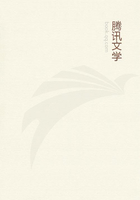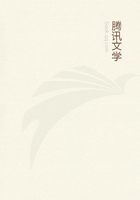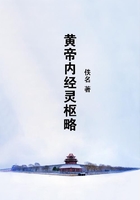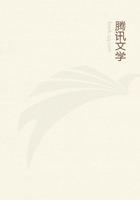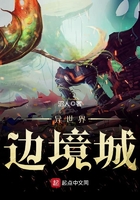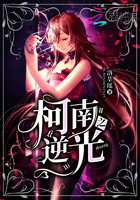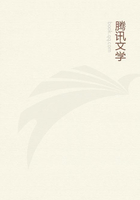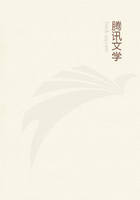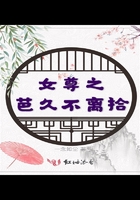The Corn-mother of our European peasants has her match in the Rice-mother of the Minangkabauers of Sumatra. The Minangkabauers definitely attribute a soul to rice, and will sometimes assert that rice pounded in the usual way tastes better than rice ground in a mill, because in the mill the body of the rice was so bruised and battered that the soul has fled from it. Like the Javanese they think that the rice is under the special guardianship of a female spirit called Saning Sari, who is conceived as so closely knit up with the plant that the rice often goes by her name, as with the Romans the corn might be called Ceres. In particular Saning Sari is represented by certain stalks or grains called indoea padi, that is, literally, Mother of Rice, a name that is often given to the guardian spirit herself. This so-called Mother of Rice is the occasion of a number of ceremonies observed at the planting and harvesting of the rice as well as during its preservation in the barn. When the seed of the rice is about to be sown in the nursery or bedding-out ground, where under the wet system of cultivation it is regularly allowed to sprout before being transplanted to the fields, the best grains are picked out to form the Rice-mother. These are then sown in the middle of the bed, and the common seed is planted round about them. The state of the Rice-mother is supposed to exert the greatest influence on the growth of the rice; if she droops or pines away, the harvest will be bad in consequence. The woman who sows the Rice-mother in the nursery lets her hair hang loose and afterwards bathes, as a means of ensuring an abundant harvest. When the time comes to transplant the rice from the nursery to the field, the Rice-mother receives a special place either in the middle or in a corner of the field, and a prayer or charm is uttered as follows: Saning Sari, may a measure of rice come from a stalk of rice and a basketful from a root; may you be frightened neither by lightning nor by passers-by! Sunshine make you glad; with the storm may you be at peace; and may rain serve to wash your face! While the rice is growing, the particular plant which was thus treated as the Rice-mother is lost sight of; but before harvest another Rice-mother is found. When the crop is ripe for cutting, the oldest woman of the family or a sorcerer goes out to look for her. The first stalks seen to bend under a passing breeze are the Rice-mother, and they are tied together but not cut until the first-fruits of the field have been carried home to serve as a festal meal for the family and their friends, nay even for the domestic animals; since it is Saning Sari's pleasure that the beasts also should partake of her good gifts. After the meal has been eaten, the Rice-mother is fetched home by persons in gay attire, who carry her very carefully under an umbrella in a neatly worked bag to the barn, where a place in the middle is assigned to her. Every one believes that she takes care of the rice in the barn and even multiplies it not uncommonly.
When the Tomori of Central Celebes are about to plant the rice, they bury in the field some betel as an offering to the spirits who cause the rice to grow. The rice that is planted round this spot is the last to be reaped at harvest. At the commencement of the reaping the stalks of this patch of rice are tied together into a sheaf, which is called the Mother of the Rice (ineno pae), and offerings in the shape of rice, fowl's liver, eggs, and other things are laid down before it. When all the rest of the rice in the field has been reaped, the Mother of the Rice is cut down and carried with due honour to the rice-barn, where it is laid on the floor, and all the other sheaves are piled upon it. The Tomori, we are told, regard the Mother of the Rice as a special offering made to the rice-spirit Omonga, who dwells in the moon. If that spirit is not treated with proper respect, for example if the people who fetch rice from the barn are not decently clad, he is angry and punishes the offenders by eating up twice as much rice in the barn as they have taken out of it; some people have heard him smacking his lips in the barn, as he devoured the rice. On the other hand the Toradjas of Central Celebes, who also practice the custom of the Rice-mother at harvest, regard her as the actual mother of the whole harvest, and therefore keep her carefully, lest in her absence the garnered store of rice should all melt away and disappear.
Again, just as in Scotland the old and the young spirit of the corn are represented as an Old Wife (Cailleach) and a Maiden respectively, so in the Malay Peninsula we find both the Rice-mother and her child represented by different sheaves or bundles of ears on the harvest-field. The ceremony of cutting and bringing home the Soul of the Rice was witnessed by Mr. W. W.

